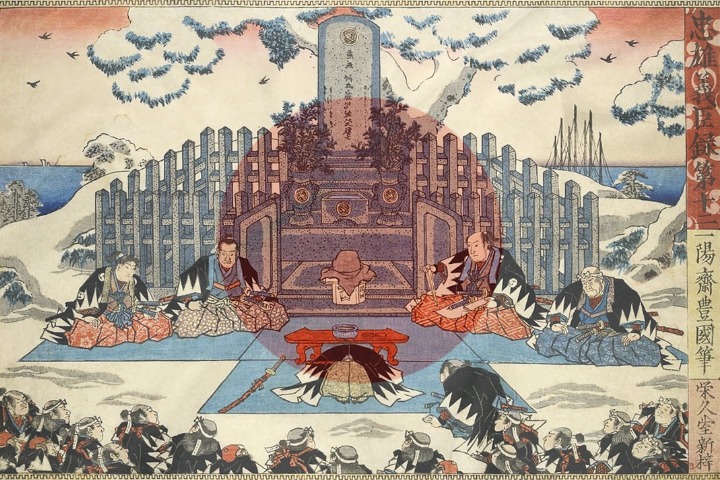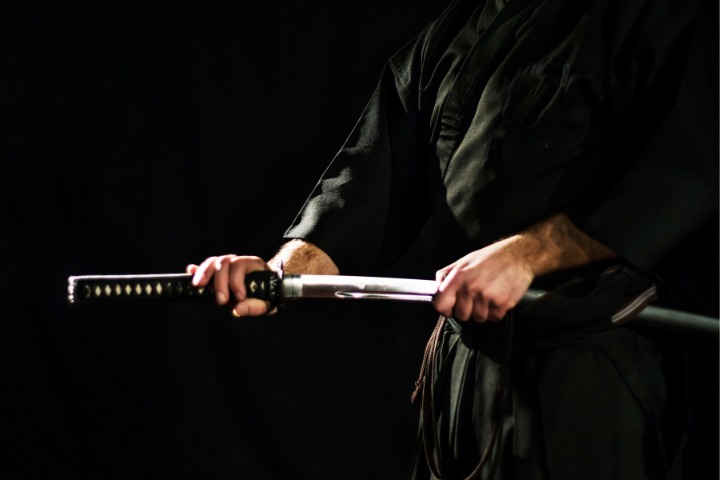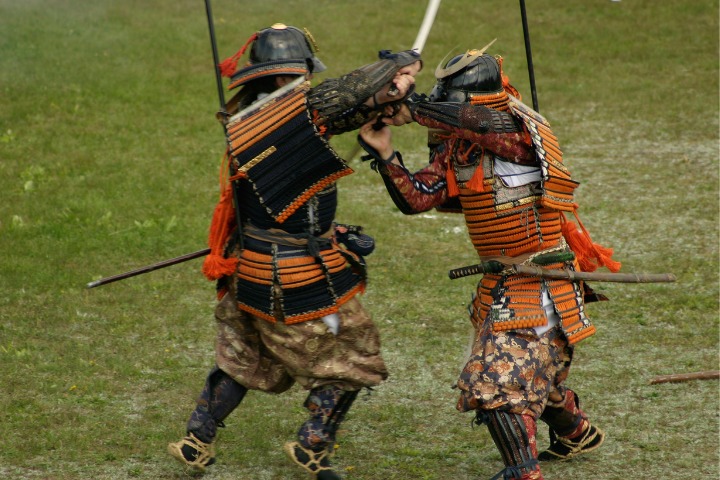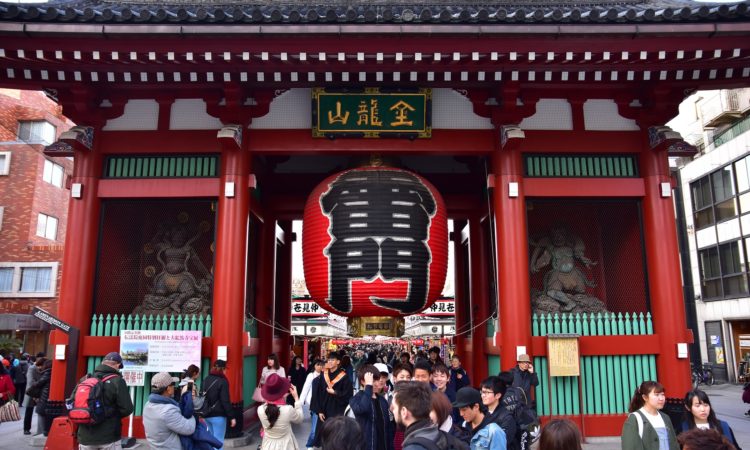The samurai code of Bushido is one of Japan’s most enduring cultural legacies. This code, which originated during the feudal period of Japan, is a set of ethical principles that guided the behaviour of samurai warriors. The word “Bushido” means “way of the warrior” or “way of the samurai,” and it reflects the unique cultural values and beliefs of Japan.
The Origins of Bushido

Image credit: Canva
The samurai were warriors who emerged in Japan during the 12th century, and wealthy landowners initially used them as a means of protection. Over time, the samurai became a class of their own, developing their own code of conduct.
The origins of Bushido were heavily influenced by Confucianism, which stressed the importance of social order, loyalty, and respect for authority. Bushido also drew inspiration from Zen Buddhism, which emphasized the importance of discipline, self-control, and the pursuit of inner peace.
The Principles of Bushido

Image credit: Canva
Bushido is based on the core principles of loyalty, honour, courage, compassion, honesty, respect, and duty. Each of these principles plays a crucial role in shaping how the samurai lived and interacted with others.
Loyalty: The samurai were expected to be loyal to their masters and serve them faithfully, even if it meant sacrificing their lives.
Honour: The samurai placed great importance on honour, and they were willing to die to defend it. A samurai’s reputation was everything, and they would go to great lengths to avoid disgracing themselves or their families.
Courage: The samurai were expected to be fearless in battle and willing to lay down their lives for their masters and their country.
Compassion: Despite their reputation as fearsome warriors, the samurai were also expected to show compassion to those weaker than themselves, particularly women, children, and the elderly.
Honesty: The samurai were expected to be truthful in all of their dealings, and they were expected to keep their word at all times.
Respect: The samurai were expected to respect their elders, superiors, and each other. Moreover, it was vital that the samurai lived a life that others respected as well. To bring disrespect to oneself was to disappoint one’s entire daimyo.
Duty: The samurai were expected to fulfil their obligations to their masters, their families, and their country, even if it meant sacrificing their own happiness.
Negative Aspects

Image credit: Canva
One of the Bushido’s most significant negative aspects was its rigid adherence to social hierarchies. The samurai were expected to show respect to their superiors, regardless of their personal feelings, and this often led to a lack of innovation and progress. Its emphasis was on loyalty and obedience to one’s feudal lord, even at the expense of one’s personal ethics and moral values. This blind obedience often led to the commission of immoral acts and atrocities, including the massacre of innocent civilians and the mistreatment of lower-class people.
Moreover, the emphasis on honour and reputation was so high that samurai were often willing to go to great lengths to protect their image, even if it meant sacrificing their own lives or those of others. The practice of seppuku or hara-kiri, a form of ritual suicide, was often used to preserve honour in the face of failure or shame.
In modern times, the legacy of Bushido has been criticized for promoting militarism and nationalism, especially during Japan’s imperialistic era leading up to World War II. Some argue that Bushido contributed to developing a culture of aggression and conquest, leading to Japan’s involvement in numerous wars and conflicts.
Read more: Remnants of Seppuku Resurface Amidst Demographic Crisis in Japan.
The Significance of Bushido in Japanese History and Culture
Bushido played a crucial role in shaping Japanese history and culture. The samurai were the ruling class in Japan for centuries, and their principles shaped how they interacted with each other and the rest of society. They helped to create a sense of social order and stability. The samurai were revered as heroes, and their way of life became the subject of countless literature, art, and film works. The idea of the samurai as a symbol of honour and bravery has become deeply ingrained in Japanese culture and continues to be celebrated today.
Related Articles:
- Overcoming Japan’s Birth Rate Crisis
- Behind Japan’s Declining Birth Rate: More Women in Education and the Workforce?
- Hikikomori: A Moral Panic in Japan
- Wabi-sabi: The Japanese Way of Finding Perfection in Imperfection
Remnants of Seppuku Resurface Amidst Demographic Crisis in Japan
Featured image credit: Canva






